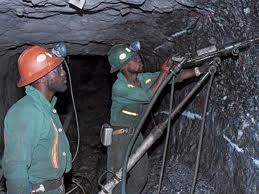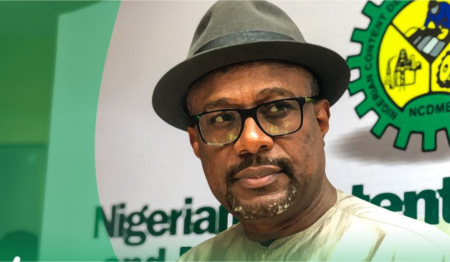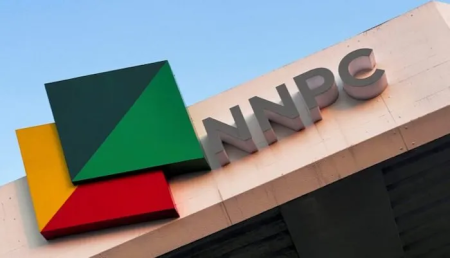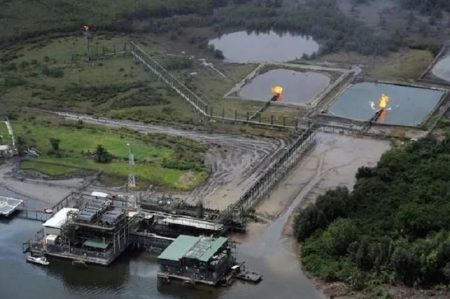
Oscarline Onwuemenyi
14 September 2016, Sweetcrude, Abuja – The Federal Government has stated its ambition to create a globally competitive mining sector, wherein government and private sector share responsibility of investing in infrastructure and geosciences data.
Writing in the foreword of the recently released ‘Roadmap for the Growth and development of the Nigerian Mining Industry: On the Road To Shared Mining Prosperity’, Minister of Mines and Steel Development, Dr. Kayode Fayemi, explained that building a competitive mining value chain means firms operating in Nigeria must compete on quality and cost versus global peers.
He said, “Nigeria’s ambition should be to create a globally competitive sector capable of contributing to wealth creation, providing jobs and advancing our social and human security which can be achieved by focusing on using its mining assets to drive domestic industrialisation initially, and then migrate to winning in global markets.”
He added that making Nigerian mining competitive means the government and the private sector have to share the responsibility of investing in key drivers of success such as the availability of (and access to) public geosciences data that investors need, the appropriate infrastructure (e.g. railways and bulk ports, mine security networks), specialised technical talent, and of course, superb regulatory and enforcement capacity.
“To ensure that the perspective represented by the roadmap is integrative of the many stakeholders around Nigeria, the ministry shared the roadmap with state governors, the National Economic Council and other key stakeholders,” he added.
Fayemi noted that, “Companies have to place smart bets based on geosciences data the Ministry can help create. Sometimes their bets pay off, leading them to expand from exploration into production, creating even more jobs and wealth for the country.
“Other times, they get it wrong and their capital expenditures in exploration have to be written off, with attendant job losses.”
He noted that, “Mining also carries a significant environmental burden that we must acknowledge and make plans to mitigate in a sustainable manner. All of us within and outside government should understand this cycle, and provide sincere support, as well as moderate our expectations in order to build a sector that can produce sound wealth from what is a wasting asset.
“Our role as Government is to create an enabling environment to support risk taking by investors who ultimately are the ones that can help create jobs. We will do ourselves and our best interest a disservice if we insist on extracting unearned profits upfront.”
According to Fayemi, “This roadmap represents our first major landmark in this transformation journey. In the 30 days following its inauguration, the committee worked to crystallize a coherent strategy to rejuvenate the mining sector.”
He noted that, “The Ministry has now completed incorporating the feedback from stakeholders as well as many written submissions received from mining companies, state governments, civil society groups, and other stakeholders. The input has been used to enrich the roadmap, and we now will move forward to implementation.
“In this regard, the Ministry has established an implementation team that will coordinate the work of delivering the roadmap’s short, medium and long-term action items. We expect that the Roadmap Committee – ably co-chaired by Professors Ibrahim Garba and Siyan Malomo, and duly served by their esteemed members – will continue to provide the critical advisory support we need going forward”
Fayemi noted that the new team – the Mining Implementation and Strategy Team (MIST) – will focus on ensuring that the key policy, regulatory, technical, environmental and capacity choices necessary to revive and drive investment growth in mining will be taken without fail. We will speak more about the scope, composition and activities of the MIST in the near term.



